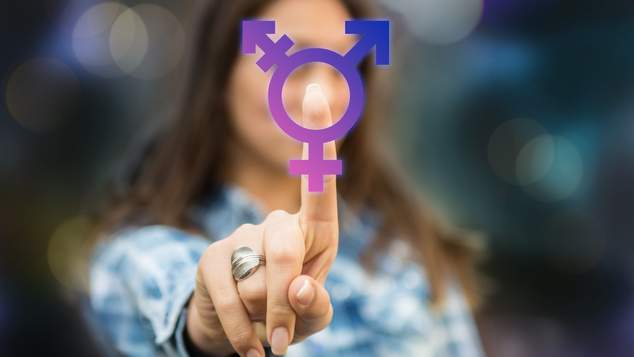
The directors of multiple medical organisations that specialise in the treatment of gender dysphoria have released a joint statement calling for the Bell vs Tavistock High Court decision in the United Kingdom to be appealed.
The Boards of Directors of the World Professional Association for Transgender Health (WPATH), the European Association for Transgender Health (EPATH), the United States Professional Association for Transgender health (USPATH), the Asian Association for Transgender Health (AsiaPATH), the Canadian Association for Transgender Health (CPATH), the Australian Professional Association for Trans Health (AusPATH), and the Professional Association for Transgender Health Aotearoa (PATHA) all said they strongly disagreed with the recent judgment of the London High Court in Bell v. Tavistock.
“We believe this decision will result in significant harm to the affected children and their families. We oppose this ruling and urge that this ruling be appealed and overturned.” the medical bodies said.
On December 1, 2020, the London High Court ruled that children are highly unlikely to be able to consent to taking puberty blockers. The far-reaching result of the judgment is that all applicants for gender affirming medical intervention in the UK under the age of 16 must first seek authorisation from a court of law to be able to access puberty blockers or hormone therapy. The judgement suggests it would unlikely that the court’s would give permission for the treatments.
The medical groups say that while there is uncertainty in the treatment of young people experiencing gender dysphoria there are several studies which have shown the benefit of gender-affirming medical treatment and withholding treatment from patients is harmful and carries potential life-long social, psychological, and medical consequences.
The medical professionals say there is clear evidence that puberty blockers are best administered at the onset of puberty and making patients wait until they are 16 years of age will diminish the effectiveness of the treatments. They organisations denied that allowing a child to access puberty blockers automatically means they treatment will move on to hormone treatments and ultimately surgery, saying every person’s medical treatment is individualised for their needs.
“Gender affirming hormone treatment is a carefully considered later intervention for which adolescents (and their parents) provide separate informed consent after having received information about the effects, limitations, and potential side effects of this treatment. Not all adolescents seeking gender-affirming care will require hormonal or surgical treatments; treatment is always individualized according to each adolescent’s needs.” the statement said.
The organisations say the British High Court judgement has not given enough consideration to the positive effects of allowing young people experiencing gender incongruence to access treatment.
“We have a grave concern that the High Court has overlooked not only the immediate positive effects of puberty suppression, which has been demonstrated to result in decreased psychological suffering and a healthier adolescent development, but also the lifelong benefits of having a physical appearance which is congruent with one’s gender identity.
“Withholding such treatment until adolescents are 16 years old means they will experience complete puberty incongruent with their gender identity, which has potential life-long harmful consequences such as stigmatization, personal physical discomfort, difficulty with sexual function and social integration.” the statement said.
The doctors say that the best way to decide if a person seeking treatment has the necessary cognitive ability to make decisions on their healthcare should sit with medical professionals not law courts.
“We do not agree that transgender healthcare is so different in kind to that provided to cisgender people as to warrant separate legal provision. We consider puberty blocking treatment and treatment with gender affirming hormones as two separate treatment steps each requiring informed consent at the time such treatment is to be started.
“We support the provision of healthcare to gender diverse people in a timely manner such that they can live their best lives. We are gravely concerned that the ruling will have a significantly adverse impact upon gender diverse youth and their families by imposing barriers to care that are costly, needlessly intimidating, and inherently discriminatory.”
OIP Staff

Love OUTinPerth Campaign
Help support the publication of OUTinPerth by contributing to our
GoFundMe campaign.




